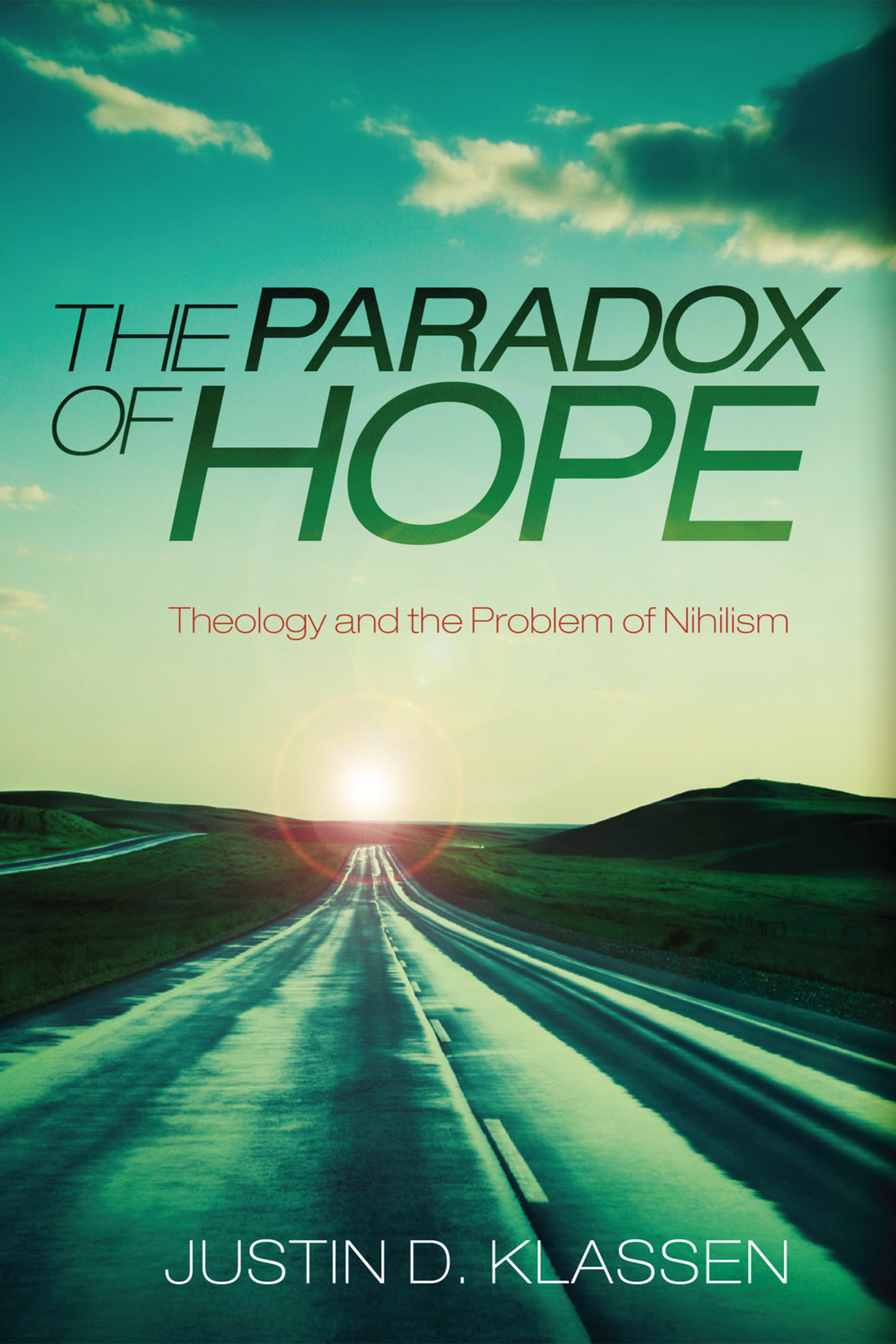

Most ebook files are in PDF format, so you can easily read them using various software such as Foxit Reader or directly on the Google Chrome browser.
Some ebook files are released by publishers in other formats such as .awz, .mobi, .epub, .fb2, etc. You may need to install specific software to read these formats on mobile/PC, such as Calibre.
Please read the tutorial at this link: https://ebookbell.com/faq
We offer FREE conversion to the popular formats you request; however, this may take some time. Therefore, right after payment, please email us, and we will try to provide the service as quickly as possible.
For some exceptional file formats or broken links (if any), please refrain from opening any disputes. Instead, email us first, and we will try to assist within a maximum of 6 hours.
EbookBell Team

4.3
98 reviewsSUMMARY:
In contemporary public discourse, the supposedly comprehensive explanatory power of reason is used to justify a thoroughgoing suspicion of religion. In recent decades, the critiques of postmodernism have generated a different kind of suspicion by construing history as a process that is too arbitrary to be narrated--either by modern reason or by religion. In light of these developments, a question arises regarding the appropriate theological response to such forms of suspicion, both of which threaten not just religion but our sense of human agency as such. Does the retrieval of a meaningful religious subjectivity in a climate of suspicion demand a renewed emphasis upon theology's rhetorical persuasiveness, as Radical Orthodoxy has recently proposed? Or does identifying the believing subject with theology's "grammar" fail to attend to some of the challenges posed by such suspicion? The Paradox of Hope answers these questions in an original and provocative way by clarifying the complex relationship between post-secular theology and the work of Sren Kierkegaard. Ultimately, Klassen argues that Kierkegaard's influence is crucial, albeit obscured, in current post-secular theological imperatives, and that the Dane's eschewal of persuasion in favor of hope's inexplicable resolve provides a more adequate response to the nihilism of contemporary suspicion than do the rhetorical proposals currently on offer. In light of this argument, The Paradox of Hope also rehabilitates some of the voices typically excluded by contemporary theology's rhetoric, including those of Heidegger, Derrida, and Levinas.